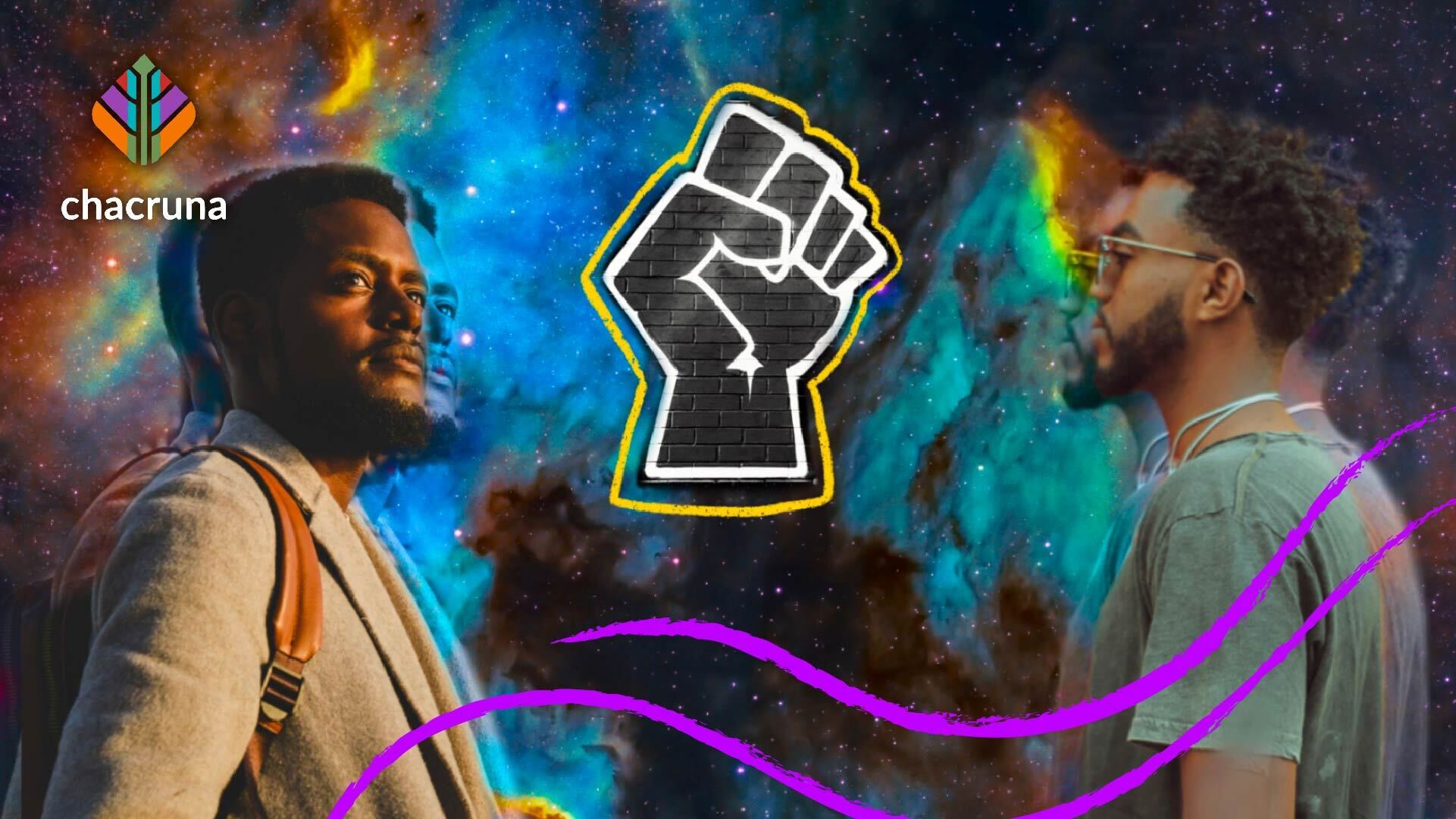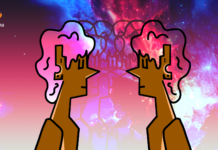It’s About: A Bad Faith Society and Racial Oppression
To confront the enduring consequences of bad faith, we must confront uncomfortable truths of our past and present, charting a path toward genuine reconciliation and justice for all.
In exploring the web of race, masculinity, and oppression within the United States, this essay in the special issue embarks on a journey through historical ideologies and cultural norms that have entrenched inequitable power structures, particularly affecting Black men. At its core lies the notion of bad faith, a concept interwoven with the narratives of freedom and equality, yet paradoxically perpetuating unfreedom and injustice.
From the earliest encounters between Europeans and Africans, racialized distinctions were fabricated to justify the exploitation and subjugation of Black bodies. These distinctions, rooted in biological determinism and perpetuated through White racial framing, have seeped into every facet of society, relegating Black men to a status of perpetual otherness and inferiority.
Amidst adversity, Black men wield resilience, rejecting imposed narratives and mobilizing for collective liberation, challenging the structures of oppression that confine their existence.
The consequences of this historical legacy are palpable today, with Black men disproportionately bearing the brunt of systemic injustices. Whether it be the staggering rates of incarceration, the pervasive stereotypes of criminality and violence, or the disparities in education and employment opportunities, the impact of bad faith is unmistakable.
Yet, amidst this sea of adversity, there are glimmers of resilience and resistance. Black men have long rejected the false narratives imposed upon them, challenging the status quo and demanding recognition of their humanity. Through acts of truth-telling and collective mobilization, they seek to dismantle the structures of oppression that have constrained their existence.
As we confront the legacy of bad faith and its enduring consequences, we are compelled to reckon with the uncomfortable truths of our past and present. Only by confronting these realities head-on can we hope to chart a path towards genuine reconciliation and justice for all.
Note: This series highlights articles from the recently published special issue of Frontiers in Psychology, “Power, Discrimination, and Privilege in Individuals and Institutions,” edited by Sonya Faber, Monnica T. Williams, Matthew D. Skinta, and Bia Labate.
Smith, Darron T. and Harris, Brenda G. (2023). Actual and symbolic prisons, Black men, and the freedom-unfreedom paradox: interrogating the bad faith of racialized oppression in a post-accountable United States. Frontiers in Psychology 14. https://doi.org/10.3389/fpsyg.2023.1235185
Art by Fernanda Cervantes.

Shop our Collection of Psychedelic T-Shirts.
Take a minute to browse our stock:
Did you enjoy reading this article?
Please support Chacruna's work by donating to us. We are an independent organization and we offer free education and advocacy for psychedelic plant medicines. We are a team of dedicated volunteers!
Can you help Chacruna advance cultural understanding around these substances?















